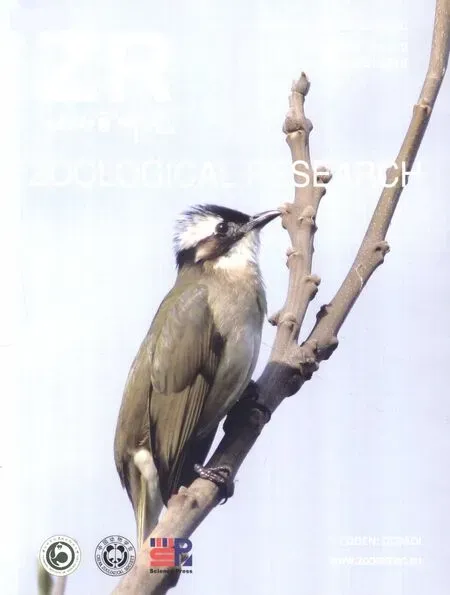The impact of special issues
??
?
The impact of special issues
With support from many authors from many different scientific fields,() successfully released eight special issues from 2011 to 2014 on various topics, including,,,and. These special issues strongly align with our aims and scope, which have been fostered since our inception some 35 years ago.
Our special issues have promoted the visibility and influence of, particularly evident in regards to the increased click rates from PubMed and high citation rates from Web of Science. For example, the click rate for the(2011, Feb. 32(1)) was more than 500 times higher than that of the previous issue, while the citation rates for the(2011, Apr 32(2)) and the(2011, Feb. 32(1)) were reasonably high.
The articles and reviews published in our special issues have occasioned considerable attention. As of the end of 2014, the original research article(2011, Apr. 32(2): 115-127) has been cited over 10 times and downloaded over 1000 times, while the(2013, Aug. 34(4): 281-343) has been reported in several newspapers, websites and other mainstream media.
The research and development on primate and tree shrew models of human diseases is an area of particular interest for. Over the last four years, five special issues have been published with great success. The leading research on tree shrews and depression models,(2011, Feb. 32(1): 24-30) has been downloaded almost 2000 times as of the end of 2014. Two review papers regarding Chinese tree shrews ((2013, Apr. 34(2):59-69) and(2013, Apr. 34(2):70-76)) hit the top 10 cited list from 2011-2014, and both have been selected in the “Project of Frontrunner 5000” (F5000) due to their roles in promoting scientific communication.
We are privileged to provide a platform in which exciting and groundbreaking research can be published. Should you, or your colleagues, be interested in contributing papers or developing a special issue on specific topics, we would be delighted to invite you as single-issue Guest Editors. We guarantee the timely publication of research, and we believe with your continued support,will maintain its contribution to and influence on the field of science.
Again, we greatly appreciate the help provided by our authors and readers during the preparation of our special issues, and we look forward to further support in our upcoming publications.
Sincerely yours,
Yong-Gang YAO, Editor-in-Chief
,,650223,
Yun ZHANG, Executive Editor-in-Chief
650223
*All the statistical data were from Web of Science and PubMed, from January 01 2011 to December 31 2014.
- Zoological Research的其它文章
- Absence of mutation in miR-34a gene in a Chinese longevity population
- Energy intake, oxidative stress and antioxidant in mice during lactation
- The validity of Sarcocystis sinensis
- Sex differences in morphine-induced behavioral sensitization and social behaviors in ICR mice
- Diversity and habitat association of small mammals in Aridtsy forest, Awi Zone, Ethiopia
- Effect of food restriction on the energy metabolism of the Chinese bulbul(Pycnonotus sinensis)

